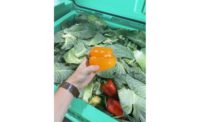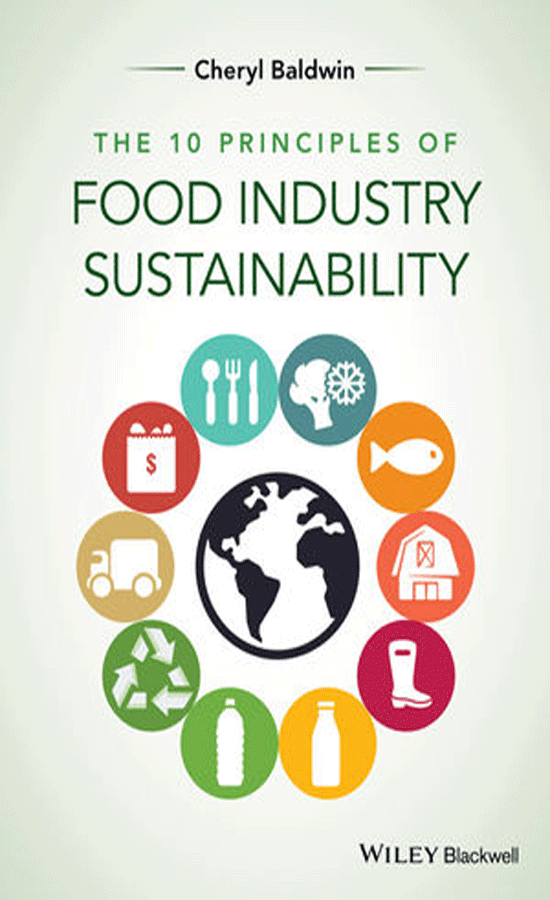NCBA launches food waste challenge
In honor of Earth Day later this month, the National Cattlemen’s Beef Association, a contractor to The Beef Checkoff Program is challenging consumers to #WasteLess in their daily routine with its 30 Day Food Waste Challenge. Although beef is one of the least wasted commodities produced in the U.S., at around 20 percent of edible product going to waste, consumers could help improve beef sustainability by 10 percent simply cutting that waste in half. Click here to learn more and join the challenge. You can also follow along on twitter with the #WasteLess hash tag.
NCBA has created several resources to help educate Americans about food waste at the meat case and beyond.
- Freezer and Pantry Inventory Sheets that help remind families what they already have, how much of it they have and when it expires
- How to Batch Cook With Beef Tip Sheets that guide families through the process of pre-planning meals and then cooking in batch to save on food waste and your budget
- Weekly Meal Planning Calendars that help families schedule their meals for the week and create a specific shopping list
- 6 Ways to Save On Beef InfoGraphic highlights tips on how to maximize your dollars at the meat case
- Recipe Inspirations the whole family will love, for any night of the week
- Food Waste Infographic to pin point where food waste can be mitigated in the home
According to World Food Day, 30 to 40 percent of the food supply in North America is wasted. Reducing food waste is one of the most impactful steps anyone can take to reduce their impact on the environment. Food that doesn’t get eaten not only wastes the resources used to produce it, but ends up in a solid waste landfill, the number one source of methane emissions in the U.S. Additionally, the beef checkoff’s 2015 Sustainability Executive Summary states that food waste costs the average American family approximately $2,500 annually.
Source: NCBA
Looking for a reprint of this article?
From high-res PDFs to custom plaques, order your copy today!






